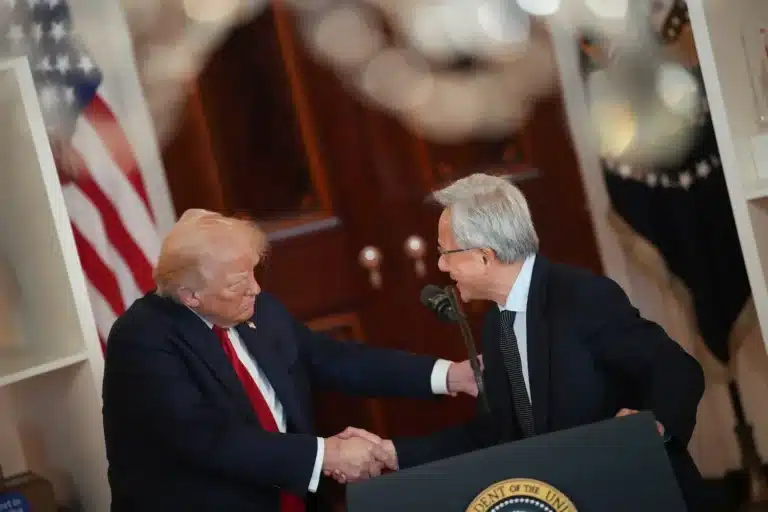Could a strategic lithium reserve kickstart US supply chain development?
NEW YORK -- A strategic lithium reserve is being mooted as a solution to stabilize volatile prices that have hindered American mining projects, allowi
Current Access Level “I” – ID Only: CUID holders, alumni, and approved guests only
President Biden’s first days in office mark a sharp shift in US climate and energy policy, with a slew of executive orders reversing several Trump actions and directing federal agencies to pursue a wide range of new regulations in what’s been framed as “a whole-of-government approach” to the climate crisis. Combined with Democrats now in control of both houses of Congress by the slimmest of majorities, the raft of executive orders raises the question of how climate policy will advance going forward. To what extent will it advance through legislation versus executive action? To what extent will legislative action be on party lines? Will there be opportunities for bipartisan cooperation on climate?
In this edition of Columbia Energy Exchange, host Jason Bordoff is joined by Rich Powell to discuss what to expect in climate policy moving forward, particularly on the Republican side of the aisle.
Rich Powell is the Executive Director of ClearPath and ClearPath Action, the DC-based organizations developing and advancing conservative policies that accelerate clean energy innovation. Rich frequently testifies before Congress on climate change and energy innovation. He served as a member of the 2019 Advisory Committee to the Export Import Bank of the United States, and is on the Atlantic Council’s Global Energy Center’s Advisory Group. Previously, Rich was with McKinsey & Company in the Energy and Sustainability practices. He holds a B.A. from Harvard College in Environmental Science and Public Policy, and a J.D. from New York University.
This has been a crucial year for US energy policy. The passage of the One Big Beautiful Bill Act eliminated many of the clean energy incentives that were...

Over the past week, President Trump has intensified pressure on Venezuelan president Nicolás Maduro by targeting the regime’s economic lifeline—oil. The United States has seized two oil tankers...

If it seems like you're hearing a lot more about geothermal energy lately, that's because this clean, firm energy source is at a technological turning point. With roots...

Investment in clean energy technologies is on course to hit a record $2.2 trillion this year, according to the International Energy Agency. That’s more than twice the amount...
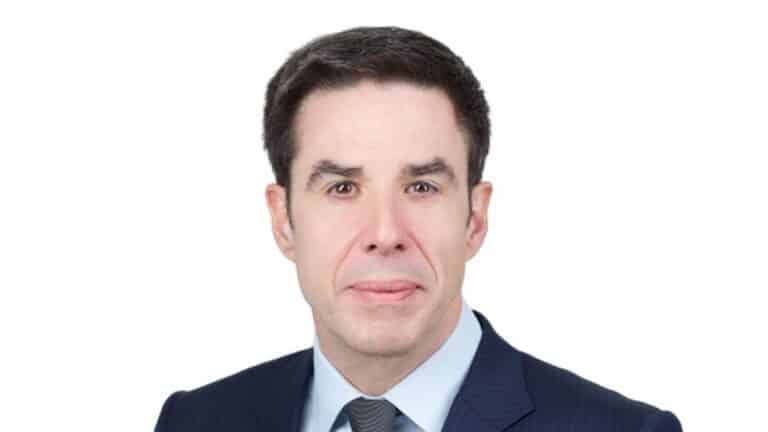
This Energy Explained post represents the research and views of the author(s). It does not necessarily represent the views of the Center on Global Energy Policy. The piece...
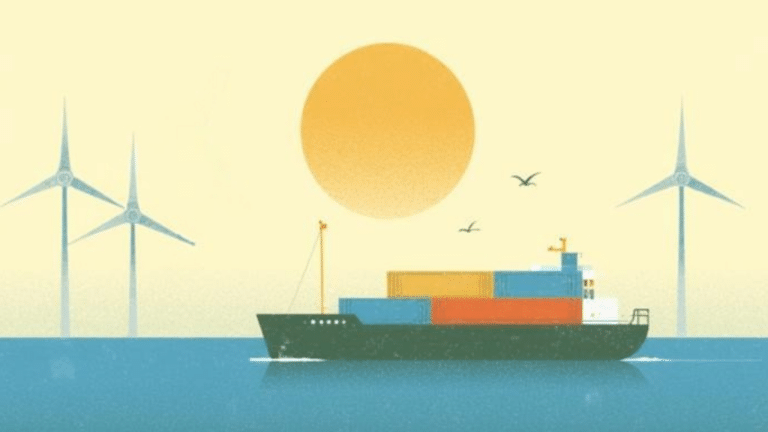
Geopolitical uncertainty associated with Russian gas exports could swing the range of those exports by an estimated 150 bcm per year.
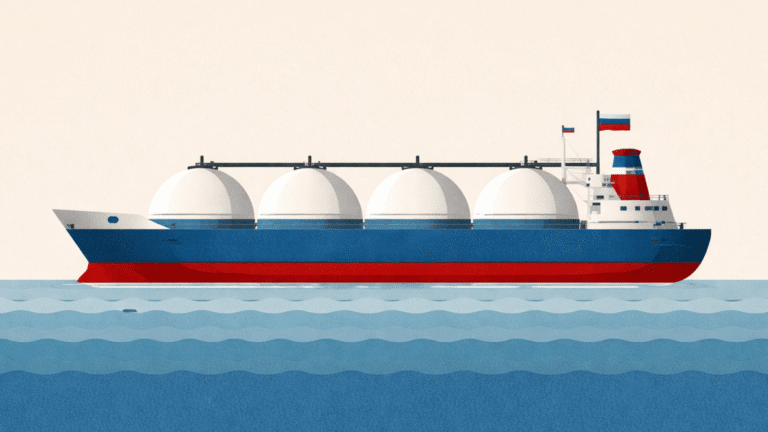
From the east to west and north to south, in red states and blue states, attention to data centers is skyrocketing in state capitals across the United States.
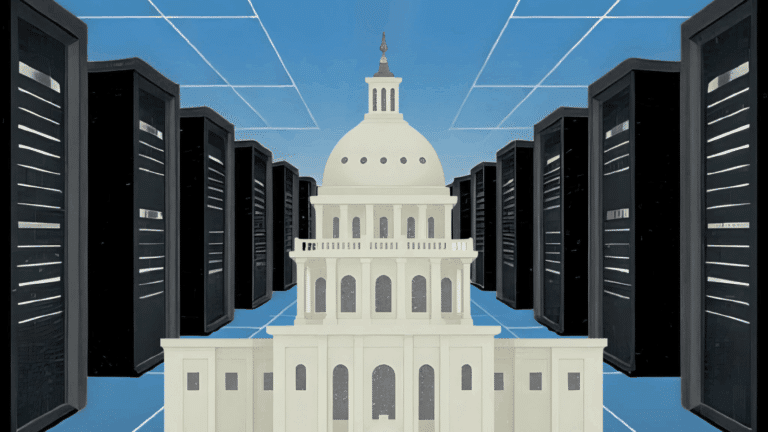
Trump’s latest proposal would cede the United States’ AI advantage.
